Verizon and HTC show the true meaning of 'disastrous software support' - update the HTC ThunderBolt to ICS
This article may contain personal views and opinion from the author.
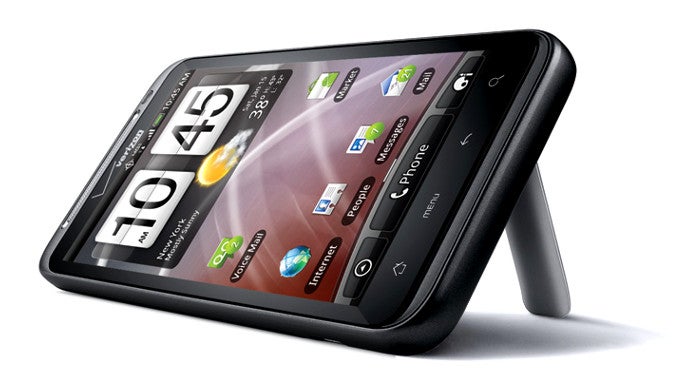
Does anyone even remember the HTC ThunderBolt? We needed a few minutes to recall its appearance (and specs sheet), and when we finally had the complete image in our heads, we realized just how wrong all of this is.

We interrupt this program to bring you an ice cream sandwich.
We just can't write an article about software updates without mentioning Apple. Apple may be many things, but when it says that an update will come on a specific date (yeah, Apple gives specific dates for its updates), it simply comes. No delays, no roll-out phases. Everyone with a compatible iDevice gets a notification about the update they need to get as soon as the person in Cupertino hits the launch button. Why can't Android manufacturers do the same? We know they have much broader portfolios, but hey, they can at least do it for their once flagship devices. Budget phones don't get too many updates anyway. So, the fact that they have a bigger number of handsets to support is not an excuse.
And why can't Android manufacturers give precise release dates for their software updates? We guess it's very comfortable to stay clear of any due dates and release your updates when you're ready, but is this a luxury one can afford in the wildly-competitive mobile landscape? We don't think so. The fact that most Android manufacturers can't turn a profit speaks for itself. If the price for delivering faster updates is the smaller amount of proprietary UI features, we, personally, are willing to pay it.
We also cannot understand why carriers need to make sure that everything works before issuing an udpate. As we all know, this process can sometimes take forever to complete, and may be the main reason for an epic delay. Apple's devices are also offered through carriers, so why don't they have to go through the carrier verification process? If Apple can bypass it, the others should be able to do it too! After all, it will be the customers of both the respective device maker and carrier who'll be happier, should they get their OS updates faster.
Follow us on Google News


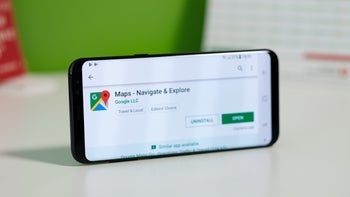
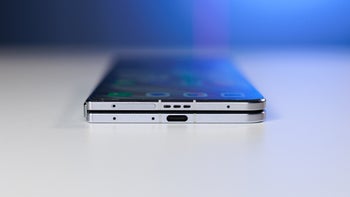
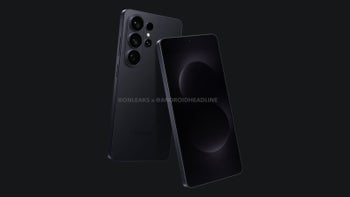
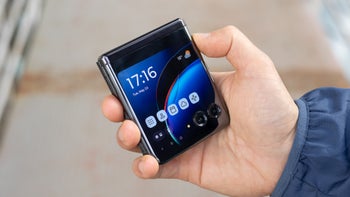
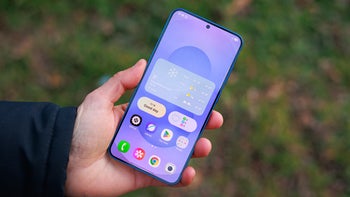

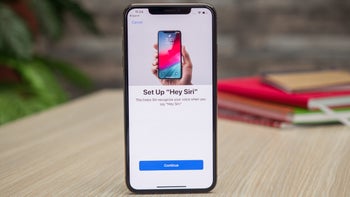
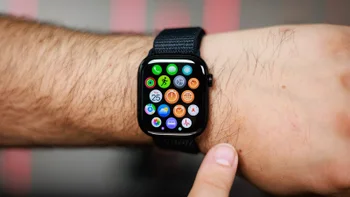
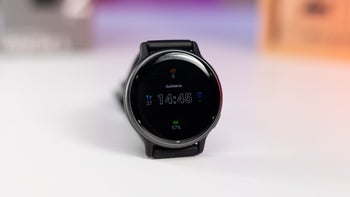
Things that are NOT allowed:
To help keep our community safe and free from spam, we apply temporary limits to newly created accounts: